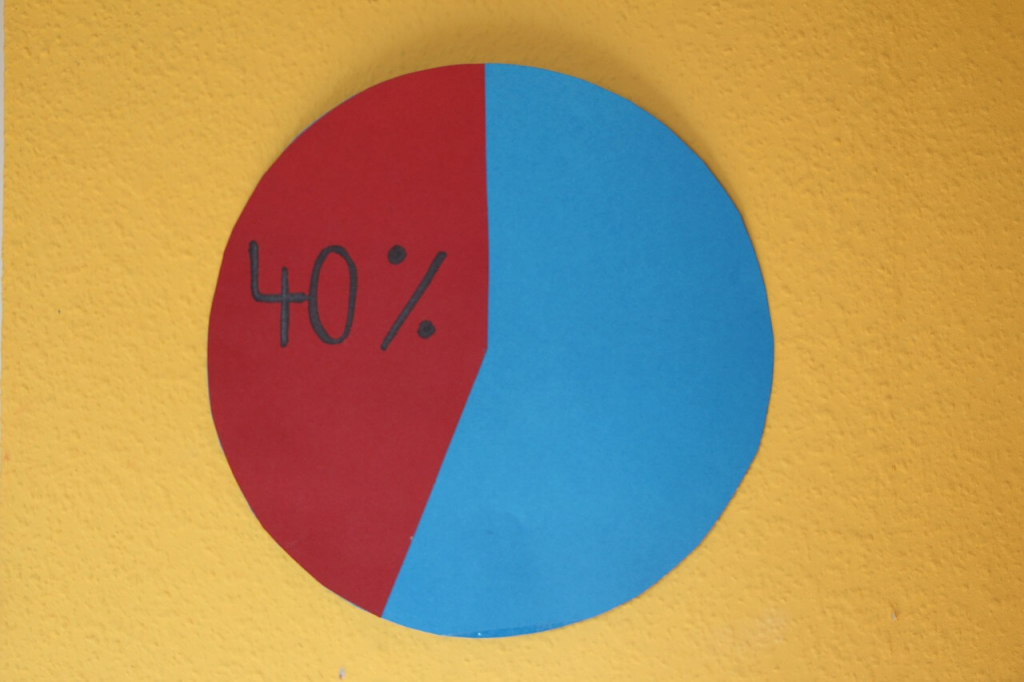For people who are not in the rental housing industry, they assume that landlords have the easy lives of just collecting rent every month then just enjoying their income. If you think about it, the concept of rent collection is simple: get money from tenants. However, in reality, it can be a source of a lot of stress.
First of all, rent collection is just one part of operating a rental housing business, but it is one of the most crucial. If something goes wrong in the process, it can be a great threat to your business income-wise.
As a landlord, you can prevent problems in your rent collection in several ways.
Your leasing agreement must be well-constructed and should not be based on a random template you found online. It should specify the rules you want you and your tenant to follow, including your rent policy.
The rent policy clause in your leasing agreement must include how much the rental fee is, when it is due, how it should be collected and paid, and what are the consequences for delayed payment.
Since the leasing contract is a legal document and will be used as a legal basis in case of tenant lawsuits, it’s best to consult it with a lawyer so that you can be assured that there will be no loopholes when it comes to the wording.
Charge a late fee.
By law, you are allowed to charge a late fee for delayed rentals. It’s a preventive measure that you must apply in your business to protect your business from financial loss.
You might doubt if an extra fee is enough to encourage a tenant to pay rent on time, but it is, most of the time. If they already have struggles paying the regular rent on time, they will try even harder not to incur more fees.

Enforce the rules all the time.
If you charge your tenants a late fee for delayed rent, then you must do so each time. Do not be lenient because if you bend a rule once, it will decrease the respect your tenants have for that rule.
It can be difficult sometimes but you have to be firm if you want your tenants to take your rules seriously. You also can’t let a tenant get away with a delayed rent without consequences, but charge another tenant. That’s discriminatory to the other tenant.
Do not accept partial payment.
Accepting partial payment is setting a bad precedent. If you accept just partial payment from a tenant, other tenants will also just want to pay you partially.

Some landlords take this option because, for them, they’d rather get some than none. so it can be a tempting option for a landlord. However, it might just be a beginning of a bigger problem.
If you have to accept partial payment, make sure that you still impose penalties. That way, it will discourage them to only pay partially.
Related article: Ensure Security Deposit is Enough to Cover Delayed Rent and Repair Costs
Track payment history.
Having a tangible record of rent payments will come in handy if you need to eventually prove a tenant’s lease violation of rental payment and how frequently they didn’t pay rent on time.
It can also help you identify which tenants are reliable and will help you avoid charging fees inappropriately. If you charge a tenant late fees even if they paid on time, it could decrease your credibility as a landlord and it can be used against you in the future.

Do not jump immediately to eviction.
An eviction is a stressful process not just for a tenant, but also for a landlord. When a tenant is regularly delayed when it comes to paying rent, try to fix it without eviction first.
Related article: No Eviction: Other Options to Get Rid of a Bad Tenant
Keep these insights in mind as you operate your rental housing business. After you publish listings for your vacant units on Padleads, make sure you include your rent policy and thoroughly discuss it with all the applicants who will reach out to you. That way, it will be clear to your future tenant that you take rental collection seriously.